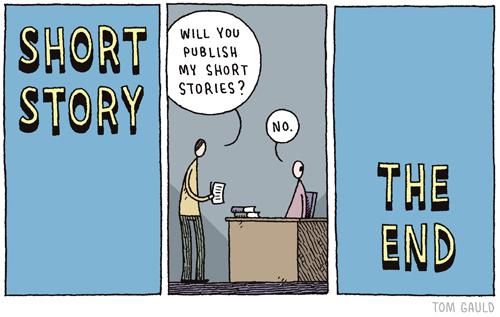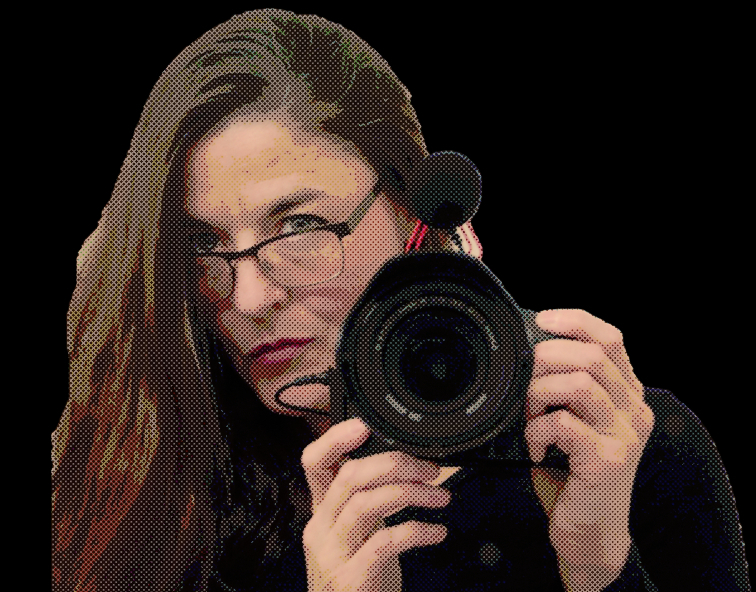
I started my literary career writing short stories; thought that was my niche since I’ve got lots of ideas for which the short form is the perfect medium. Turns out short stories have their uses, but establishing your writing bona fides is not one of them.
I’ve written almost a dozen short stories and had most of them published. Here are some truisms/advice from someone who’s toiled in the trenches of the short story market.
1. Short stories are great for honing your writing skills… and not much else.
You will never make significant money off a short story. Professional writers with established reputations might make a couple hundred bucks off one story (per a professional rate of $0.05 or more per word). If a beginning writer gets paid anything, it’s a sweet miracle. One very special time I was paid $180 for a short story, but for all the other ones I was paid somewhere between $0 and $10. Two coffees at Starbucks, here I come!
However, short stories are a great way to hone your craft. If you really want that $10, your story needs to be tight and well-written. Every word needs to be critical, every sentence expertly crafted. Crack open any O. Henry Prize short story anthology and read a few. Sure, most of them are so boring or chocked full of opaque “meaning” you’ll need to watch a couple episodes of “This Old House” for a shot of adrenaline afterwards, but they’re all beautifully written. And that, really, is the primary benefit of short stories.
You could in theory bundle a bunch of related short stories and try to market those as a collection, but anthologies only succeed when coming from authors who are already well known, so don’t start there.
2. Don’t give your stories away for free.
You wouldn’t spend dozens of hours lovingly knitting a gold-accented beer koozie and then just give it away to the first random schmuck who said, “Hey, cool,” right? Demand at least $10 for your hard work!
Most short story markets are non-paying, and cover for their stinginess by saying they provide “exposure.” This is a load of shitake mushroom fertilizer. I’ve submitted my short stories to dozens of markets, and not once has anyone given a flying rat’s buttocks about my previous publications. The only caveat is if you were published in a very well-known magazine like the New Yorker, but they only publish well-known authors, and therein lies the Catch-22.
Most importantly, when you get that rejection letter from a non-paying market and it hits you they didn’t want your story even though you OFFERED IT TO THEM FOR FREE, you will be spooning that pint of Ben and Jerry’s down your throat faster than your salty tears of failure can dry. Don’t go there.
3. Don’t pay for your story to be “considered.”
Save your money for the lottery. Your odds of success are better.
For example: per Duotrope – a literary market database I used regularly while hawking my short stories – one prominent literary magazine which charges a fee for every submission has an acceptance rate of around 0.2%. This means for every five hundred submissions they receive, they accept only one—and rejections are underreported, so the real odds are probably even lower. Lots of markets are very tough to get into, but they don’t charge a $15-or-more reading fee per story, nor do they tout how “accessible” they are with testimonials from first-time authors who had their first-ever publication in this magazine “just like you can, too!” Add to that the zero feedback they provide when your story is almost certainly rejected, and you’ve got the hallmarks of a racket.
General rule of thumb for any literary pursuit: value should flow to the author. Be very, very suspicious if that doesn’t seem to be the case. Don’t bother with fee-based markets.
The ONE exception I would give to this rule is a fee-based contest for a very specific kind of story where one of your manuscripts just happens to fit the bill. For instance, if a contest is looking for a story with a blue-haired bisexual salesman, and a blue-haired bisexual salesman just happens to be the protagonist of your latest story, and the entry fee is only $10, and the winner gets a $200-or-more purse, and you don’t plan on using that $10 at Starbucks (WHAT IS WRONG WITH YOU), then you might want to give it a try.
4. All in all, the short story market is very shady.
There’s a decent chance if your story is finally accepted, and you do a happy dance because your big Starbucks payday is just around the corner…you’ll never hear from that market again. This happened to me at least three times that I can remember. I’m now convinced two-thirds of all short story markets are composed of a single literary nerd living in his or her parent’s basement who can make a decent-looking website. And when he or she finally gets that job at Starbucks, the market vanishes. So, the moral of the story is: don’t bother with short stories except to hone your craft, or to get out a story inside you which you feel needs to be told. Otherwise, save your energy for a full-length novel.

